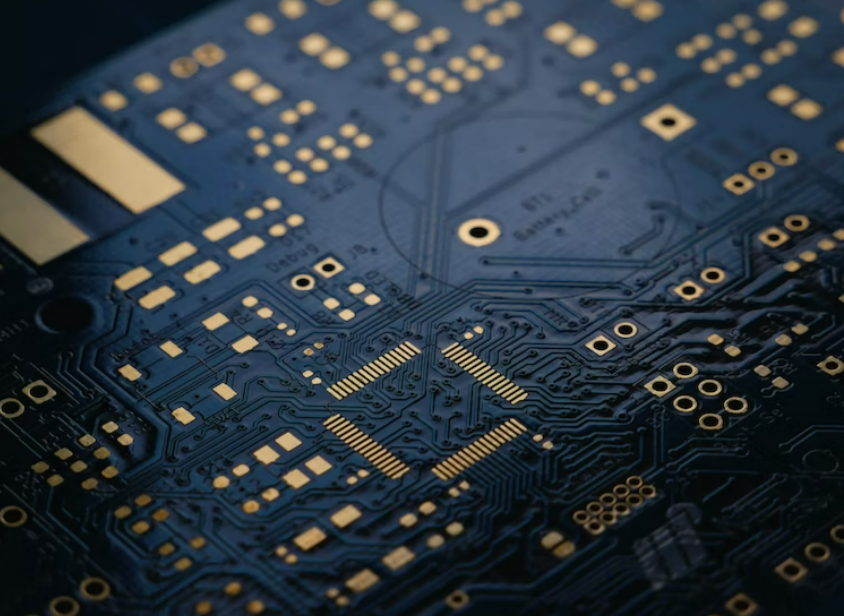The United States and the Netherlands are intensifying efforts to restrict China’s access to crucial equipment required for semiconductor manufacturing. This move follows recent reports of potential sanctions on American companies supplying AI chips to Chinese clients. These measures aim to further limit business dealings between vendors like ASML and Nvidia and Beijing, as new export controls take effect.
The Dutch government is set to unveil fresh regulations, introducing a licensing requirement for ASML’s second-best product line. The government announced that new controls on ASML, the world’s sole provider of advanced lithography equipment for cutting-edge chips, will take effect on September 1. ASML is already prohibited from selling its most advanced technology, EUV lithography machines, to Chinese clients. The forthcoming controls will extend the restrictions to ASML’s second most powerful line, DUV machines, requiring a special license for sales in China. By imposing stricter controls, the Netherlands aims to curtail certain equipment exports to China.

The US is poised to adopt a comprehensive approach, imposing licensing requirements for the export of equipment to around six Chinese facilities, including a fab operated by SMIC, a prominent semiconductor manufacturer in China. This move, part of the ongoing US-China tech war, aims to restrict specific equipment not only from ASML and other Dutch companies but also to exert control over additional Dutch equipment destined for targeted Chinese wafer fabs.
The US government is set to release a list of the six semiconductor factories, which includes China’s largest chipmaker SMIC, where ASML will be required to obtain licenses for deploying DUV (Deep Ultraviolet) equipment. However, according to Reuters, it is expected that requests for equipment licensing to these facilities will likely be denied on security grounds.
These measures reflect an escalating effort by the US and the Netherlands to curb China’s technological advancements in the semiconductor industry. By tightening export controls, the two countries aim to safeguard their strategic interests and protect sensitive technologies from reaching Chinese companies operating in the semiconductor sector.
A brief overview of the US-China Tech War:
The US-China tech war intensifies as trade restrictions on semiconductors tighten. Former President Donald Trump’s administration initiated the conflict by cutting off Fujian Jinhua Integrated Circuit in October 2018, accusing the Chinese firm of stealing trade secrets. Subsequent actions included blocking the sale of Dutch chip manufacturing technology to China and banning semiconductor shipments to Huawei Technologies in May 2020. The US added China’s top chipmaker SMIC and other firms to a trade blacklist in December 2020, limiting their access to advanced semiconductor production technology. These measures reflect the growing competition and security concerns in the semiconductor industry.
In September 2022, US chip designers Nvidia and Advanced Micron Devices were instructed to halt certain exports to China, affecting computing chips for AI work. The Biden administration further escalated the conflict in October 2022 by introducing comprehensive export controls, including limitations on certain semiconductor chips made using US equipment.
Meanwhile, the Netherlands plans to curb sales of ASML equipment to Chinese chipmakers, as reported on June 29, 2023. Additionally, the US is expected to go even further by withholding more Dutch equipment from specific Chinese fabrication plants. US officials are considering tighter export control rules on AI semiconductors to China, including restrictions on computing power. These developments highlight the ongoing battle for dominance and protection of critical technologies between the US and China.
Related:
- ASML Faces New Restrictions on Exporting Advanced Semiconductor Technology to China
- Sanctions on Russia Fail to Stop Flow of Japanese Semiconductors
- SiliconAuto: Stellantis and Foxconn’s New Joint Venture for Automotive Semiconductors
(via)







